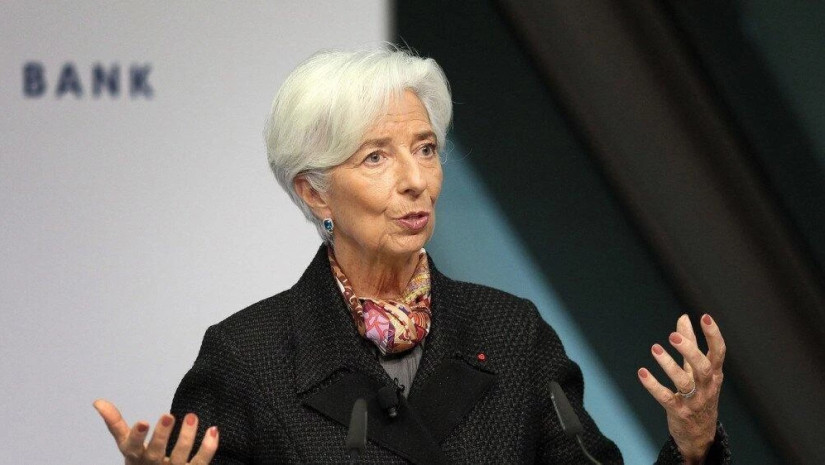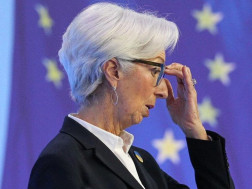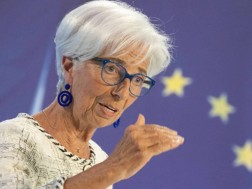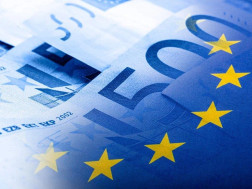Europe faces higher inflation and slower economic growth amid Russia's war in Ukraine, the European Central Bank (ECB) president said.
"We are aware of the underlying risks caused by the war and the uncertainty it is creating in all directions," Christine Lagarde said in her speech at The ECB and Its Watchers XXII conference held in Frankfurt, Germany.
"For this reason, all our monetary policy decisions in the months to come will necessarily be informed by the economic fallout from the war and be data dependent," she added.
Lagarde noted that the euro area economy has already faced a number of challenges over the last months, such as economic recovery from the pandemic, higher energy costs, supply-side constraints and price pressures.
"We are unlikely to return to the same inflation dynamics we saw before the pandemic. We have therefore begun adjusting policy so that, when the necessary conditions are satisfied, we can take additional steps towards policy normalization," she said.
The ECB president noted that energy and food account for around two-thirds of inflation since June last year, as supply side has failed to catch up with demand after the global economy reopened.
She said energy prices are expected to stay higher for longer, with natural gas prices up by 73% and oil prices up by 44% since the beginning of 2022.
"The pressure on food inflation is likely to increase. Russia and Ukraine account for nearly 30% of global wheat exports and wheat prices are up by more than 30% since the start of the year," she explained.
"Belarus and Russia produce around a third of the world’s potash, a key ingredient, alongside natural gas, in producing fertilizer – which was already in short supply," she added.
“We are unlikely to return to the same inflation dynamics we saw before the pandemic. We have therefore begun adjusting policy so that, when the necessary conditions are satisfied, we can take additional steps towards policy normalization," Lagarde said.
















